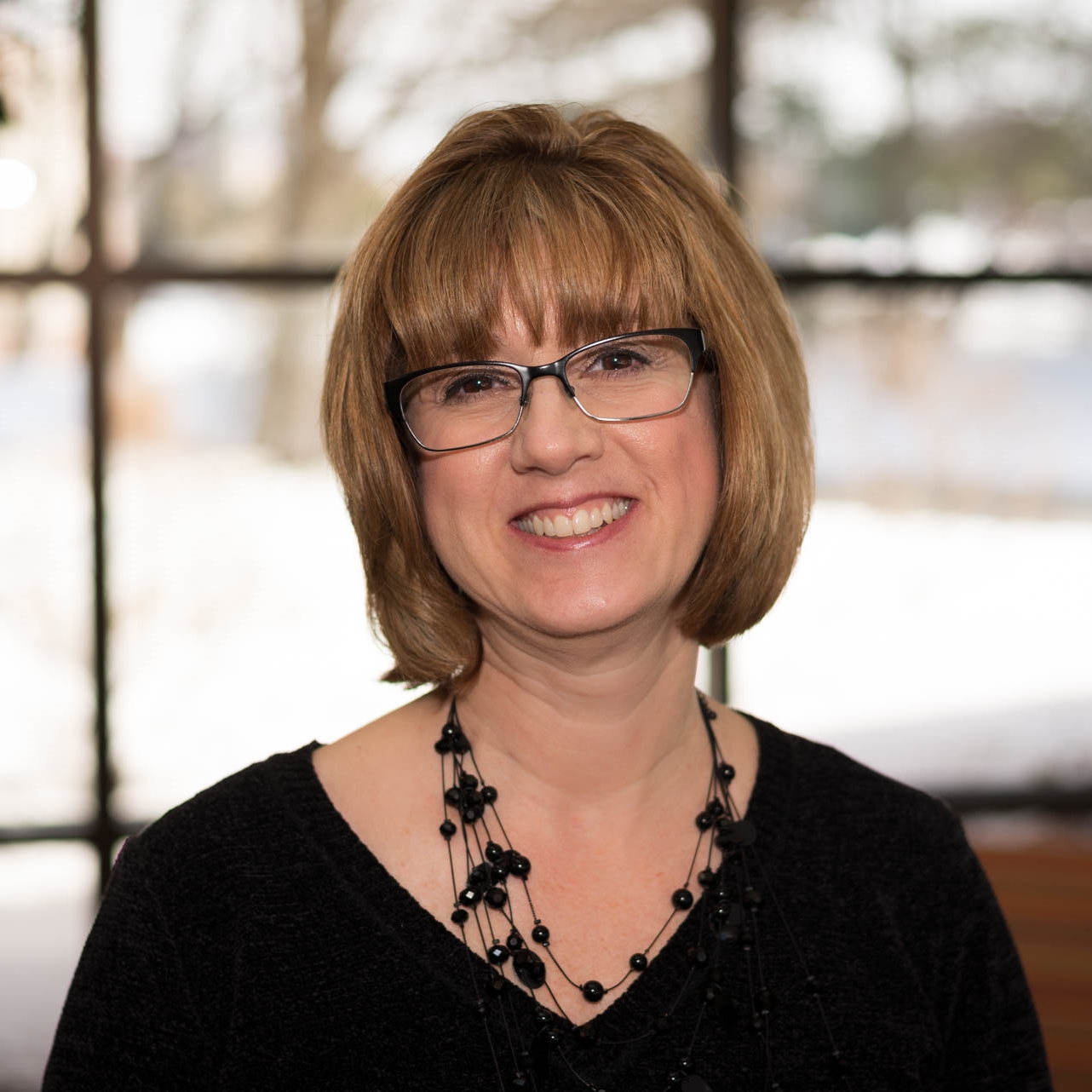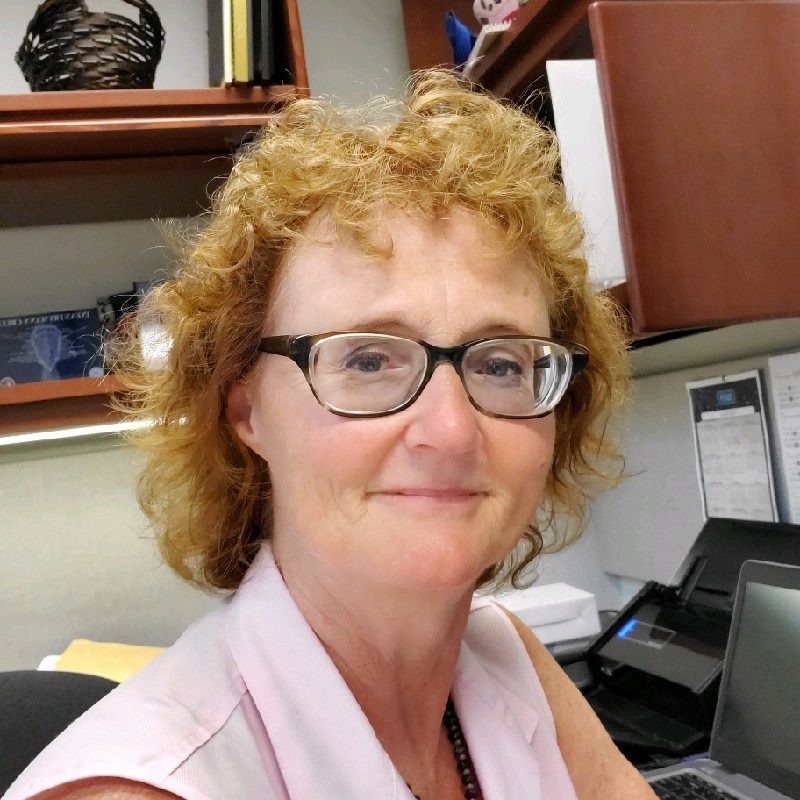Networks provide access to ideas, resources, support, role models, and human connection. In the credit union industry, these networks are our lifeblood. Recently, I had the honor of attending the inaugural meeting of the Credit Union Women’s Leadership Alliance (CUWLA), held in Santa Fe, New Mexico.

The CUWLA are leaders of the credit union movement who are passionate about sharing ideas, building a diverse, inclusive network, and supporting the communities they serve. CUWLA believes that small organizations are crucial to the future of the small credit union movement. Through bold, open, and engaged communication and innovative ideas, CUWLA provides a space for women CEOs of credit unions to thrive. CUWLA’s core values and programs are focused on mentorship, education, and collaboration.
At the event, I was inspired by accomplished women who are our leaders of credit unions nationwide. One such woman was Theresa Trimble, CEO of FRB Federal Credit Union, headquartered at the Board of Governors in Washington. After a 30-year career with the Federal Reserve Board, Theresa moved to FRB Federal Credit Union where she has served for the last five years. Theresa leads a vibrant, full-service credit union that serves primarily the employees of the Federal Reserve Board and the Federal Reserve System.
Theresa and I sat down to discuss her career and her best advice to other young women looking to make a career in credit unions.
Tell me about you. Did you find a career in credit unions, or did it find you?

Theresa Trimble
In 1988, I joined the staff of the Federal Reserve Board as a banking analyst. A couple of years later, I joined the board of the credit union. I worked at the Federal Reserve Board and served on the credit union’s board until 2017 when the CEO was ready to retire. I was intrigued by the opportunity to transition from board member to CEO. So I retired from the Federal Reserve Board staff as an officer and took the helm of the agency’s credit union. My career at the Federal Reserve Board, which encompassed bank supervision and, regulation, payments, IT, and human resources, coupled with my knowledge of the credit union and our field of membership, really seemed like the perfect background to run the credit union.
Looking back over the span of your career, what intrigued you about participating on the FRB FCU’s board of directors?
As a banking regulator, I felt that I possibly had something to contribute to running a credit union. I also believe it is important for regulators to truly understand what it is like to be a regulated entity, actually dealing with regulations and exams What was intriguing to me was looking at regulatory rule changes from the viewpoint of the regulated entity. It was very eye-opening. Sitting across the table from an examiner is an experience all bank and credit union supervisors should experience, to really understand the impact of regulations.
What has been your biggest achievement so far?
Moving us into a digital ecosystem well before the pandemic made digital a global reality. Studying our member demographics and the behaviors of our members we knew that to widen our reach we had to reach new members without the dependence on completing forms using physical paper.
What are some of the strategic initiatives you implemented to make the move to digital successful?
We know that it is important for a small credit union to remain relevant. We understand that there is competition with other credit unions and banks. So we had to go digital.
One of the first things we did was get staff members acclimated to working remotely. FRB FCU has 18 staff members currently. Everyone works remotely at least part-time. Nobody is 100% in the office. The timing was on our side, having just merged with a credit union in St. Louis. This is where my lending team is housed today. Our staff enjoys being remote, and we leverage various technologies like Microsoft Teams and VPN capabilities to access our core provider to stay connected and secure.
Another key initiative was to implement an easy online membership application. That has been critical, as many of our members never come into an office. And potential members certainly won’t take the time to fill out and mail a paper application. Our field of membership is the Federal Reserve System, so we have members and potential members in all 12 Reserve Banks plus the Board of Governors in DC.
Keeping our brand our focus continues to be an integral part of our success. Maintaining our branches communicates to our members we are present when they need us, even though we can do everything except hand-to-hand transactions remotely. For our membership, we still need a physical presence for money orders, cash withdrawals, and large cash deposits. Using our physical presence strategically helps us to define new services and educational offerings that are important to agency staff who do come to the office, which more and more are now doing.
If you are comfortable sharing, what has been your biggest challenge?
Each year there seems to be a new challenge. When working in a federal agency, you have lots of lawyers and legal backing to help you deal with challenges. In a small credit union, you are largely on your own and need to find new resources to draw on. This came to life for me when soon after I began the position of CEO, we were sued for the noncompliance of our website. Working alongside CUNA Mutual, we prevailed and became better through the experience.
The biggest challenge was COVID. It greatly accelerated our move to remote working and helped us to define and experience the difference between “working from home” and working remotely. COVID forced us to quickly decide how to meet various technical requirements while still meeting the needs of our members also working remotely or inside of the buildings where we are housed. Working with our sponsors helped us to overcome the challenges we faced efficiently and effectively.
In 2021, we experienced a core change, which was a huge undertaking. Then 2022 presented new challenges, as inflation reared its head. So each year brings a new challenge, it seems. Being vigilant in monitoring our marketplace position helps us to prepare and adjust.
What is your best advice for overcoming things that come your way?
So much of being a success is being flexible and as forward-looking as possible. Deal with what comes your way and keep your team together, keeping in mind their worries and concerns at the same time. Using a multi-pronged approach with your team is important:
- Paying fair wages and offering a competitive salary
- Listening and supporting career growth–let them shine at your credit union
- Being aware–money isn’t just a motivator, it can also be a de-motivator
What is your relationship with CUWLA and how has it been of benefit to you?
Ensuring women are getting the same opportunities as men is important to me. What I love the most about being a member of CUWLA is how women are walking alongside other women, helping them to be successful. The level of collaboration and sharing of information and solutions is incredible. CUWLA’s structure makes it a fun and safe place for sharing. Everyone benefits more when women are lifted.
What advice would you give to other female credit union leaders?
- Network, network, network! Get to know people and continually expand your network. Take special care to make your network full of people with different backgrounds and skills–not just people like you.
- Manage your time. Do not allow yourself to be pulled back into things, especially when you don’t need to be! Instead, identify people who can tackle it, delegate, and then support them. Set time aside for planning as well.
- Find friends and make time for interaction. Learn more about them and share your experiences with one another. This will help you both develop new ideas and learn from each other.
Any parting thoughts?
Always remember you’re not alone. The credit union industry is unique in that people share advice and information. Whatever you are dealing with, someone else has dealt with it before. They have already invented that wheel. Look early and often. When you’re not asking questions hardly anything has a chance to get better. Share your burden and you can make better decisions. People will help. I am looking forward to using my relationship with CUWLA to share my experiences for the benefit of others.

























































